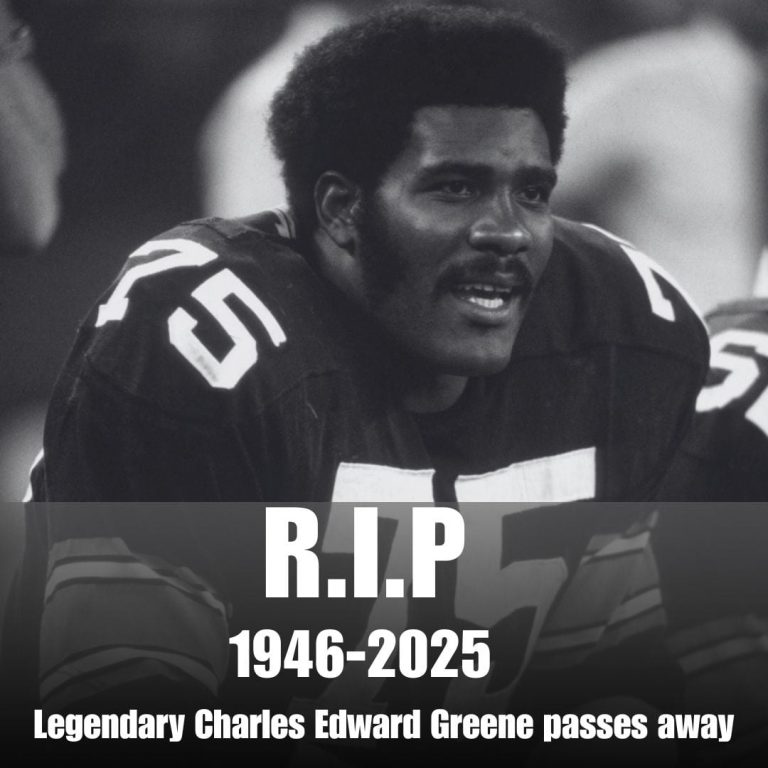Obama-Appointed Judge Votes in
A judge appointed by former President Barack Obama has ruled to allow
President Donald Trump to fire a special counsel while an appeals court is looking at the case.
Hampton Dellinger, who was Trump’s special counsel, sued to overturn the firing in federal court. The legal battle over Dellinger’s fate is central to Trump’s strategy of eliminating government employees he deems unnecessary.
Former President Joe Biden made Dellinger a special counsel whose job it was to handle cases involving federal government whistleblowers. The post was meant to give federal workers a way to report scams and wrongdoing without worrying about getting in trouble.
A one-sentence email fired Dellinger when Trump got back to the White House in January. The case against Dellinger has been going on in federal court ever since, Newsweek reported.
U.S. District Judge Amy Berman Jackson, who was appointed by Obama, had temporarily put Dellinger back on the job while he worked on his case.
The three-person Washington, D.C. Court of Appeals overturned Berman Jackson unanimously on March 5. This meant that Trump could fire Dellinger while the appeals court looked into the legal issues in the case.
Former President George HW Bush chose Karen Henderson as a judge for the D.C. appeals court. Obama chose Patricia Millett, and Trump chose Justin Walker during his first term.
Before Obama put her forward for the federal court, Millett argued 32 cases before the U.S. Supreme Court, so she is an experienced constitutional lawyer.
The appeals court ruled “that the district court’s March 1, 2025, order be stayed pending further order of the court” and that “this order gives effect to the removal of appellee from his position as Special Counsel of the U.S. Office of Special Counsel. Appellants [The Trump administration] have satisfied the stringent requirements for a stay pending appeal.”
In a footnote to her written order, Judge Amy Berman Jackson expressed her disapproval of the Trump administration. She also criticized the White House lawyers for telling her in court that bringing Dellinger back would cause too much chaos in the special counsel’s office.
“Defendants imply that it would be too disruptive to the business of the agency to have Special Counsel Dellinger resume his work. But any disruption to the work of the agency was occasioned by the White House. It’s as if the bull in the china shop looked back over his shoulder and said, ‘What a mess!’” the judge said.
Acting Solicitor General Sarah M. Harris, in a February 16 Supreme Court appeal of Berman Jackson’s ruling, stated, “As this Court observed just last Term, ‘Congress cannot act on, and courts cannot examine, the President’s actions on subjects within his conclusive and preclusive constitutional authority’ —including ‘the President’s unrestricted power of removal concerning ‘executive officers of the United States whom [the President] has appointed.’”
An appeals court in Washington, D.C., has pushed the case up in the order of business.
Before April 11, it wants a reply brief from the Trump administration by March 21, then a brief from Dellinger’s lawyers by April 4, and finally a brief from the Trump administration by April 11. It hasn’t set a date for oral arguments yet.





